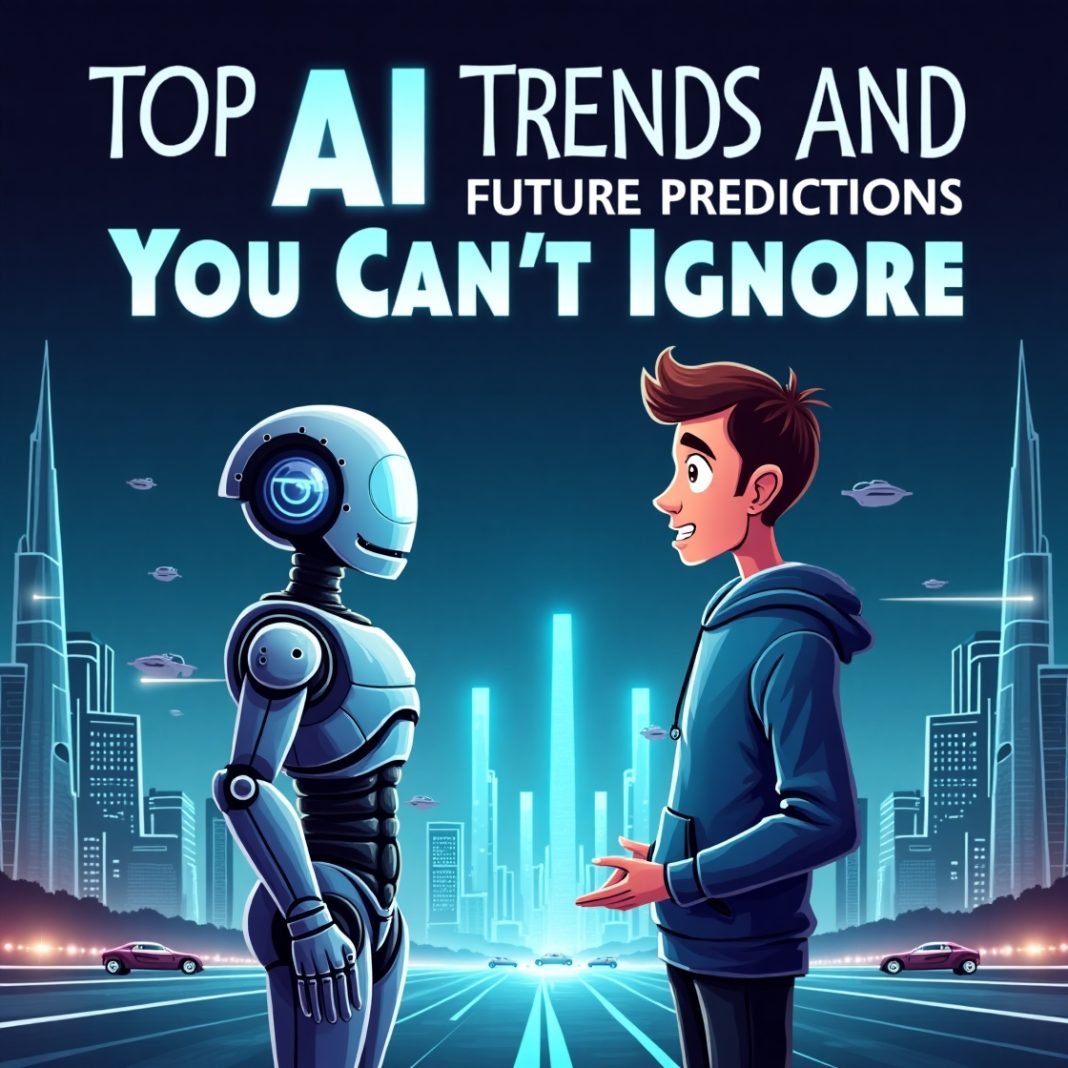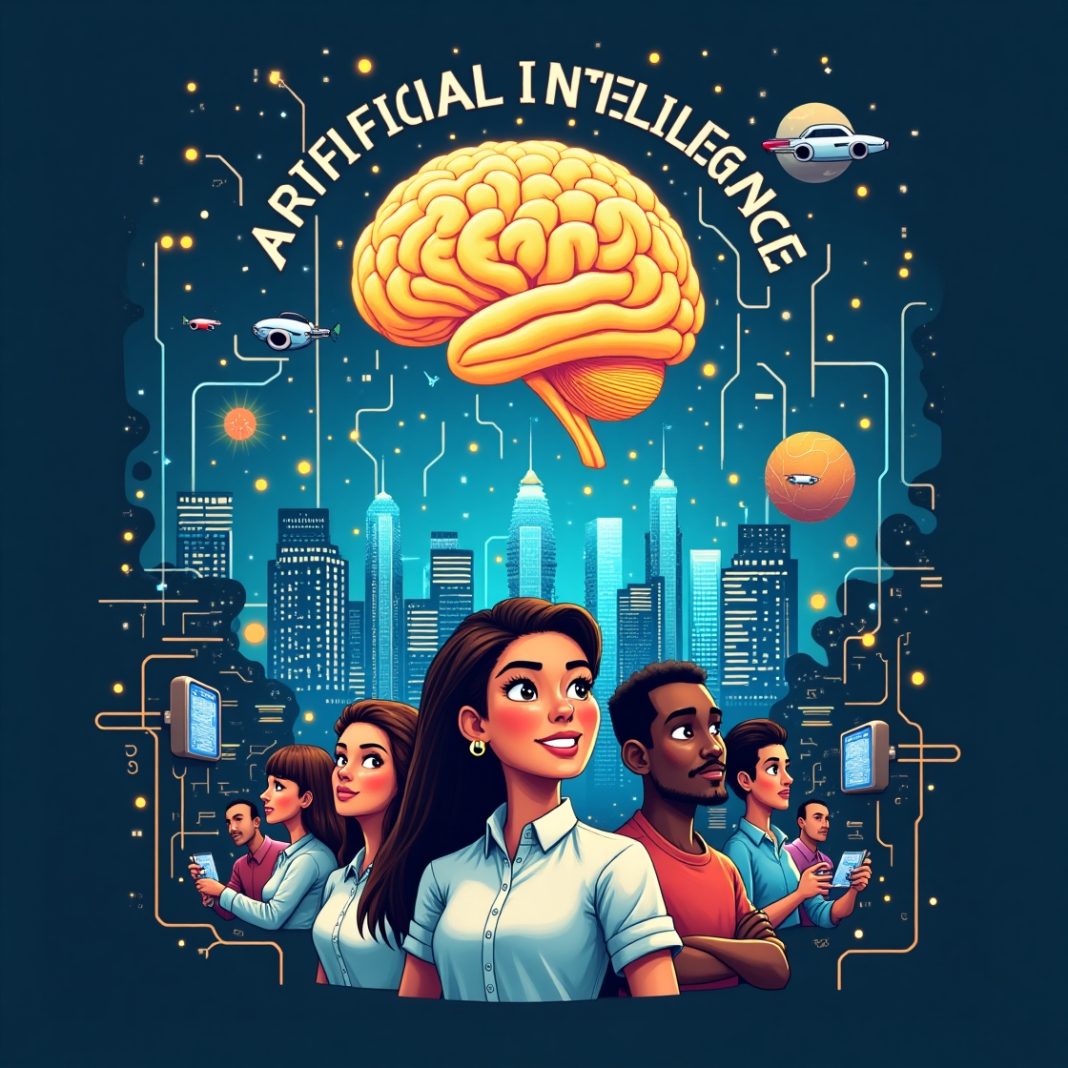Introduction
Artificial Intelligence (AI) is evolving at lightning speed. From transforming industries to reshaping daily life, its impact is impossible to ignore. Staying ahead of these trends helps businesses, professionals, and everyday users prepare for what’s next.
1. Generative AI Becomes Mainstream
Generative AI tools are no longer niche. They’re powering content creation, design, and even software development.
- Example: Businesses are using AI to generate marketing copy, product images, and even code prototypes.
- Why it matters: Saves time and reduces costs while boosting creativity.
2. AI-Powered Automation in Every Industry
Automation is moving beyond manufacturing into customer service, finance, and healthcare.
- Example: AI chatbots handle routine support, freeing human agents for complex tasks.
- Why it matters: Enhances efficiency, reduces errors, and delivers 24/7 service.
3. Personalized Healthcare with AI
AI-driven analytics predict diseases, customize treatment plans, and speed up drug discovery.
- Example: Hospitals using AI to detect cancers earlier through advanced imaging.
- Why it matters: Better outcomes and lower costs for patients.
4. Ethical and Responsible AI Takes Center Stage
Governments and companies are adopting stricter guidelines for AI ethics, privacy, and transparency.
- Example: New “AI bills of rights” in the US aim to protect consumers from bias and misuse.
- Why it matters: Builds trust and prevents harmful consequences.
5. AI in Cybersecurity
Cyberattacks are more sophisticated, and so are AI defenses.
- Example: AI systems detect unusual behavior on networks before breaches occur.
- Why it matters: Protects sensitive data and prevents costly security incidents.
6. Edge AI – Smarter Devices, Less Latency
More AI processing is happening on devices rather than in the cloud.
- Example: Smartphones and IoT devices analyzing data locally for faster results.
- Why it matters: Improves privacy, reduces lag, and saves bandwidth.
7. AI in Climate and Sustainability
AI models optimize energy use, predict extreme weather, and support sustainable agriculture.
- Example: Power grids using AI to balance renewable energy supply with demand.
- Why it matters: Helps fight climate change and cut operational costs.
8. Human-AI Collaboration in Workplaces
AI isn’t replacing people but enhancing their work.
- Example: Lawyers using AI to summarize case law, freeing them to focus on strategy.
- Why it matters: Boosts productivity and creativity rather than simple automation.
Future Predictions You Can’t Ignore
- Regulation will grow. Expect stronger rules for AI safety, ethics, and accountability.
- AI literacy will become essential. Schools and workplaces will teach AI basics to everyone.
- More hybrid models. Combining human judgment with AI decision-making will become standard.
- AI-driven economies. Nations investing heavily in AI will lead innovation and job growth.
Conclusion
AI isn’t a distant vision — it’s shaping the world today and will define the future. By understanding these trends and predictions, you can make smarter decisions, whether you’re a business leader, professional, or curious user.
Call-to-action: Start exploring AI tools and training now. The earlier you adapt, the better you’ll thrive in the AI-driven future.
Related Reading
- Top Tech Companies in the USA 2025: Innovation, Jobs, and Market Leaders.
- Why Photonic Qubits Matter: PsiQuantum’s Approach to Building a Million-Qubit Computer.
- Top Blockchain Platforms Powering Web 3.0 and Decentralized Apps.
FAQs
1. What is the biggest AI trend right now?
Generative AI and AI-driven automation are leading the way in 2025.
2. How will AI impact jobs?
AI will automate repetitive tasks but also create new roles in oversight, ethics, and design.
3. Why is ethical AI important?
It ensures fairness, privacy, and transparency while preventing harmful or biased outcomes.
4. What skills should I learn to stay ahead in AI?
Basic AI literacy, data analysis, and prompt engineering will be valuable in most fields.




